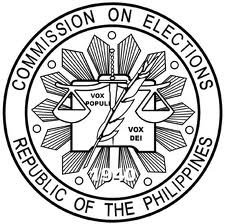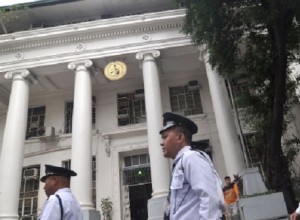
“The Commission resolved, as it hereby resolves to again use the PCOS digital certificates to digitally sign the election returns for the May 13, 2013 National and Local elections,” Comelec said in a resolution promulgated December 7.
The digital signatures became a contentious issue in the 2010 elections when election watchdogs protested that no digital signatures were used in the transmission of the election returns, and therefore, their authenticity cannot be assured.
A digital signature is used in electronic machines, such as computers, to authenticate the source, identity, and validity of electronic documents. It is a form of security key for digital or electronic systems.
Cesar Flores, President of Smartmatic Asia, the company that won the contract for the 2010 automated elections, said that digital signatures are used in ATM cards in conjunction with the account holder’s personal identification number (PIN). The machine will only accept the card if the certificate embedded in it matches the PIN of the cardholder, Flores said.
Flores, who has been called several times in the Senate for a hearing of the Joint Congressional Oversight Committee on the Automated Elections System, explained that “everything that happens in the machine is digitally signed.”
“Some groups are lying when they say there were no digital signatures,” Flores said in an interview with reporters Wednesday referring to those who have been persistently raising the issue.
Commissioner Rene Sarmiento, in a separate interview, said that issue was already long resolved when he issued his aide memoire (on digital signatures) in May 31, 2010.
In the memoir, Sarmiento said that the election returns that were digitally signed by the election officials “shall be considered as official election results and shall be used as the basis for the canvassing of votes and the proclamation of a candidate.”
He said that what Smartmatic used in the 2010 elections sufficiently complied with the law: “any distinctive mark, characteristic … representing the identity of a person … or any methodology or procedure employed or adopted by a person … with the intention of authenticating … an electronic data message or electronic document.”


